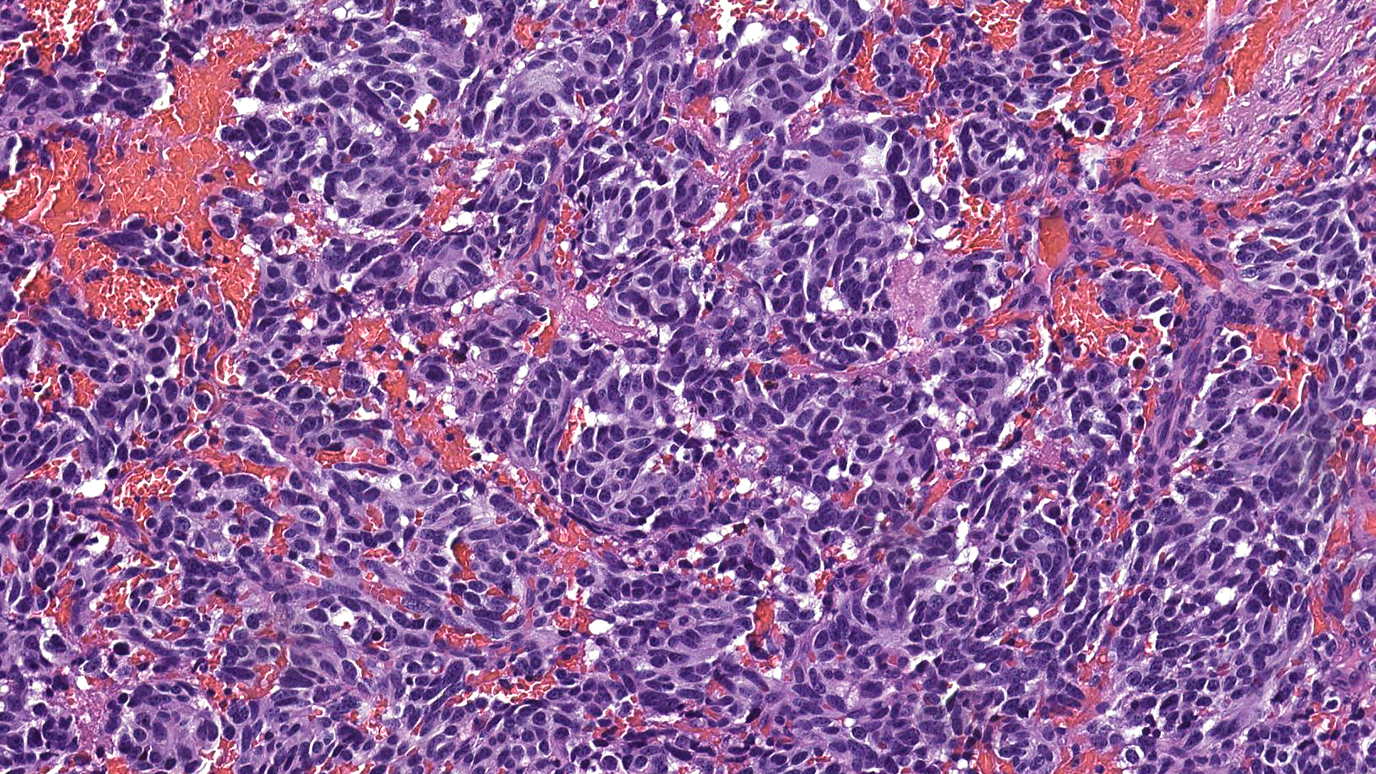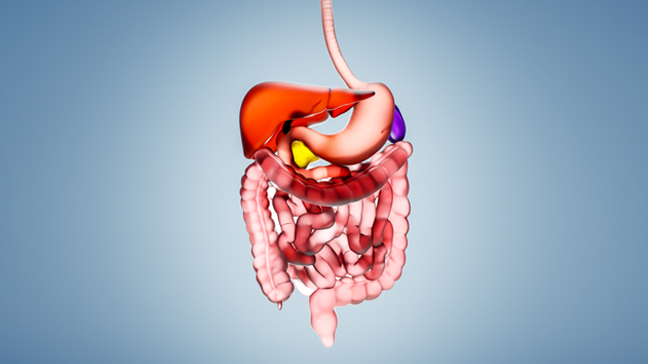- Diseases
- Acoustic Neuroma (14)
- Adrenal Gland Tumor (24)
- Anal Cancer (68)
- Anemia (2)
- Appendix Cancer (16)
- Bile Duct Cancer (26)
- Bladder Cancer (72)
- Brain Metastases (28)
- Brain Tumor (232)
- Breast Cancer (718)
- Breast Implant-Associated Anaplastic Large Cell Lymphoma (2)
- Cancer of Unknown Primary (4)
- Carcinoid Tumor (8)
- Cervical Cancer (158)
- Colon Cancer (166)
- Colorectal Cancer (116)
- Endocrine Tumor (4)
- Esophageal Cancer (44)
- Eye Cancer (36)
- Fallopian Tube Cancer (8)
- Germ Cell Tumor (4)
- Gestational Trophoblastic Disease (2)
- Head and Neck Cancer (12)
- Kidney Cancer (128)
- Leukemia (344)
- Liver Cancer (50)
- Lung Cancer (288)
- Lymphoma (284)
- Mesothelioma (14)
- Metastasis (30)
- Multiple Myeloma (100)
- Myelodysplastic Syndrome (60)
- Myeloproliferative Neoplasm (4)
- Neuroendocrine Tumors (16)
- Oral Cancer (100)
- Ovarian Cancer (174)
- Pancreatic Cancer (164)
- Parathyroid Disease (2)
- Penile Cancer (14)
- Pituitary Tumor (6)
- Prostate Cancer (146)
- Rectal Cancer (58)
- Renal Medullary Carcinoma (6)
- Salivary Gland Cancer (14)
- Sarcoma (238)
- Skin Cancer (296)
- Skull Base Tumors (56)
- Spinal Tumor (12)
- Stomach Cancer (64)
- Testicular Cancer (28)
- Throat Cancer (92)
- Thymoma (6)
- Thyroid Cancer (96)
- Tonsil Cancer (30)
- Uterine Cancer (80)
- Vaginal Cancer (16)
- Vulvar Cancer (20)
- Cancer Topic
- Adolescent and Young Adult Cancer Issues (20)
- Advance Care Planning (10)
- Biostatistics (2)
- Blood Donation (18)
- Bone Health (8)
- COVID-19 (362)
- Cancer Recurrence (120)
- Childhood Cancer Issues (120)
- Clinical Trials (634)
- Complementary Integrative Medicine (22)
- Cytogenetics (2)
- DNA Methylation (4)
- Diagnosis (232)
- Epigenetics (6)
- Fertility (62)
- Follow-up Guidelines (2)
- Health Disparities (14)
- Hereditary Cancer Syndromes (126)
- Immunology (18)
- Li-Fraumeni Syndrome (8)
- Mental Health (116)
- Molecular Diagnostics (8)
- Pain Management (62)
- Palliative Care (8)
- Pathology (10)
- Physical Therapy (18)
- Pregnancy (18)
- Prevention (916)
- Research (398)
- Second Opinion (74)
- Sexuality (16)
- Side Effects (606)
- Sleep Disorders (10)
- Stem Cell Transplantation Cellular Therapy (216)
- Support (402)
- Survivorship (322)
- Symptoms (182)
- Treatment (1792)
Foods to avoid with pituitary tumors
4 minute read | Published May 05, 2023
Medically Reviewed | Last reviewed by an MD Anderson Cancer Center medical professional on May 05, 2023
Pituitary tumors grow in the pituitary gland, the pea-sized structure just behind the eyes at the base of the brain. These tumors are almost always noncancerous, but they can cause problems if they create an overproduction of hormones in the body or grow large enough to press against the brain and optic nerves.
If you have a pituitary tumor, you may be wondering if there are any lifestyle changes you should make, such as your diet. We spoke with our clinical dietitians to learn more about diet and nutrition for people with pituitary tumors.
Aim for a healthy, plant-based diet
There’s not enough concrete evidence showing that specific foods are harmful to people with pituitary tumors.
“There’s no specific diet to follow if you have a pituitary tumor, so we recommend a healthy diet,” says senior clinical dietitian Trisha Rosemond. “Preferably, this is a plant-based diet that includes a variety of fruits, vegetables, whole grains, lean proteins and healthy fats, and limits the amount of processed foods.”
This means half of your plate should be filled with fruits and vegetables. Aim to eat two servings of fruit and three servings of vegetables each day. One serving is equivalent to one cup of raw fruits or vegetables and half a cup of cooked fruits or vegetables.
“We suggest choosing lean animal proteins, trimming visible fats and removing the skin from poultry,” says Rosemond. “Chicken, turkey or fish are preferred over red meat because research studies have shown that a person’s cancer risk increases with a high consumption of red meat, compared to other types of proteins.”
Manage treatment side effects with your diet
Treatment for pituitary tumors may include medication to help reduce hormone levels. The drugs commonly used can cause nausea or vomiting. A dietitian can help manage those side effects.
“Avoid foods that are spicy, fried or fatty because they don’t settle well in the stomach whenever you’re nauseous, and foods that have a strong aroma could also trigger nausea,” says Rosemond. “Try eating simple foods that can help ease nausea and settle the stomach, like plain toast or crackers. Ginger also helps.”
Rosemond also says eating smaller meals and snacks more frequently may be better than trying to consume big meals.
If you are suffering from fatigue, make sure you’re drinking plenty of fluids to stay hydrated, Rosemond adds.
Maintaining nutrition with pituitary cancer
Though it’s rare, sometimes pituitary tumors can become cancerous and spread to other areas of the body. When treatment involves radiation therapy or chemotherapy, for example, the focus for dietitians becomes managing the diet and side effects.
“Some patients may experience changes in taste from chemotherapy, so finding foods they can tolerate and taste good to them sometimes requires thinking outside the box,” says Katie Roberts, clinical dietician at MD Anderson West Houston. “As dietitians, our goal is to ensure patients can eat and maintain their weight, which reduces the risk for malnutrition.”
This includes finding ways to incorporate extra, healthy calories in meals. Try adding avocado to your sandwich or drizzling honey on your oatmeal.
“We’ll often tell patients to try to eat something every two to three hours, even if it’s just a few bites or a protein shake – anything to get those extra calories in,” says Roberts.
Timing of meals is important
If a pituitary tumor is pressing onto the brain, patients may take steroids to reduce swelling.
“Steroids can elevate blood glucose levels and make patients very hungry,” says senior clinical dietitian Jessica Tilton. “The challenge then becomes making sure they get food frequently but avoiding refined carbohydrates like white rice, white flour, pasta and sweets because those elevate blood glucose.”
Make sure you eat plenty of fruits and vegetables – and that you’re eating breakfast, lunch, dinner and multiple snacks throughout the day. Scheduling these meals around medication times is important.
“If patients are taking chemotherapy at night, they could get nauseated, so they should eat dinner and take an anti-nausea pill two hours later,” says Tilton. “Thirty minutes after that, you can give them the oral chemotherapy medication. You have to be able to time the meals, so you can give the medication on schedule.”
Tilton suggests MD Anderson patients request a referral to one of our dietitians so they can develop a plan that works for them.
“You want to make sure to eat something at least every three hours,” she says. “Plan out your meals ahead of time.”
Tilton offers these examples for a day’s meals:
- Breakfast: Eggs, peanut butter on toast with banana OR oatmeal with fruit and lactose-free milk
- Lunch: Salad with soup
- Snack: Fruit with nut butter
- Dinner: Skinless, baked chicken breast with brown rice and broccoli
If you’re undergoing chemotherapy, drink plenty of water before and after treatments to stay hydrated, Tilton says.
Consult MD Anderson for other issues with pituitary tumors
Pituitary tumors don’t only affect the brain. They can also affect your ability to eat.
“Depending on the severity of the tumor, sometimes a patient can have difficulty swallowing,” says Tilton.
If you’re having trouble swallowing, schedule a visit with a speech pathologist at MD Anderson.
“The speech pathologist can evaluate the patient and tell exactly where the swallowing issue lies,” Roberts adds. “Plus, they can share what the safest foods and drinks are for the patient.”
Request an appointment at MD Anderson online or by calling 1-855-953-2973.

There’s no specific diet to follow if you have a pituitary tumor, so we recommend a healthy diet.
Trisha Rosemond
Senior Clinical Dietitian





